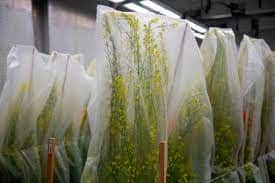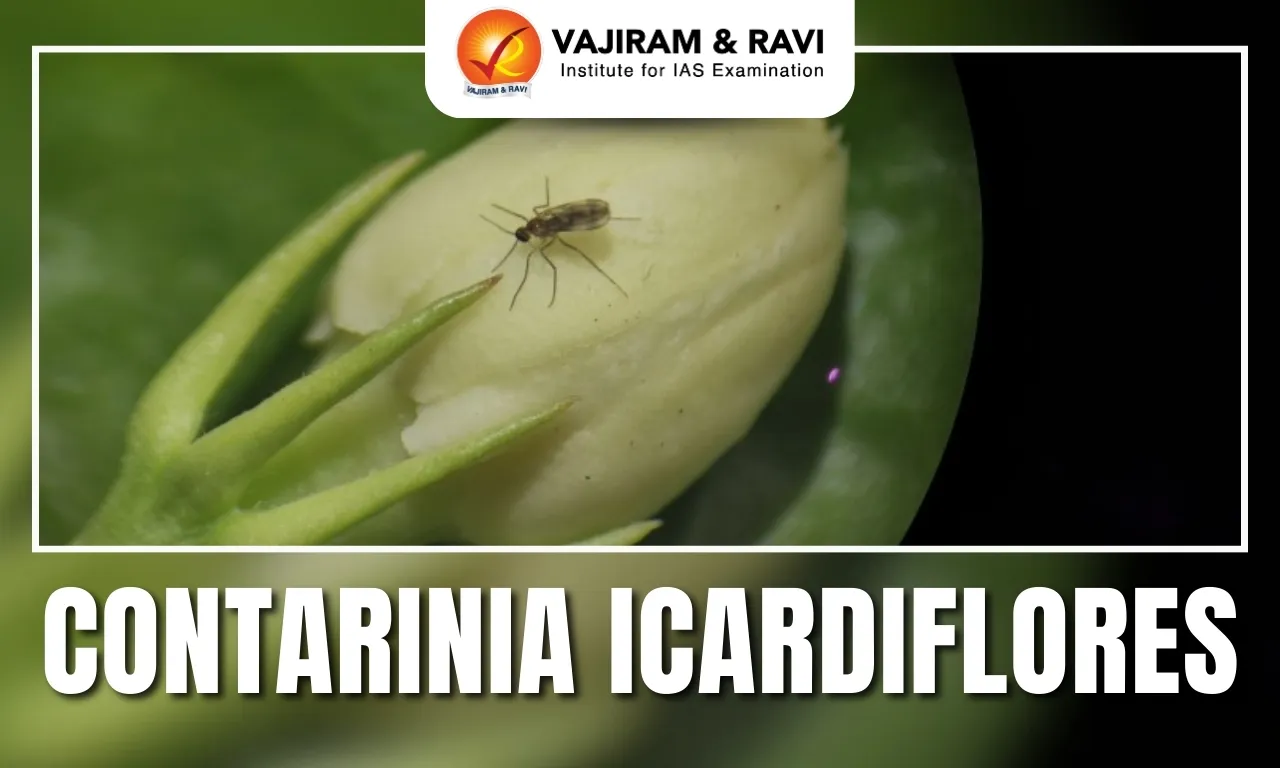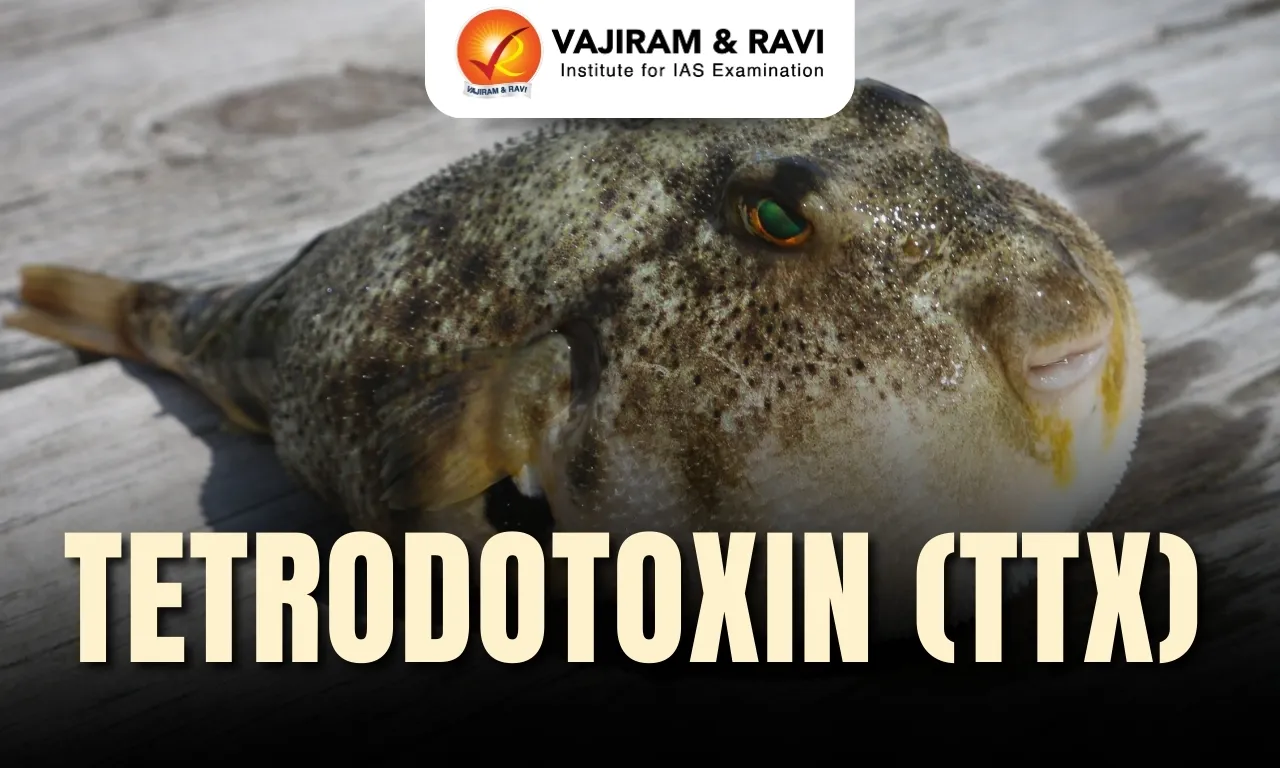About Gene-edited Mustard:
- India’s most significant domestically-grown oilseed is rapeseed-mustard.
- Issues with Mustard seeds
- Mustard seeds have high levels of glucosinolates, a group of sulphur and nitrogen-containing compounds contributing to the characteristic pungency of their oil and meal.
- Rapeseed meal is unpalatable to poultry and pigs, while having to be mixed with fodder grass and water for giving to cattle and buffaloes.
- Besides reducing their feed intake, high glucosinolates are also known to cause goiter (swelling of neck) and internal organ abnormalities in livestock.
- The dry seeds from the normal mustard (Brassica juncea) cultivated in India contain 120-130 parts per million (ppm or mg/kg) of glucosinolates. This is as against the sub-30 ppm levels in canola seeds.
A Gene Editing breakthrough
- The Glucosinolates are synthesised in the leaves and pod walls of mustard plants.
- Their translocation and accumulation in the seeds happens through the action of glucosinolate transporter or GTR genes.
- There are 12 such genes under two distinct classes of GTR1 and GTR2 with six copies each.
- Researchers edited 10 out of the 12 GTR genes in ‘Varuna’, a high-yielding Indian mustard variety.
- For this, they used CRISPR/Cas9 – a gene-editing tool deploying an enzyme, which acts as a “molecular scissors” to cut the DNA at precise targeted locations of the gene, and then letting the natural DNA repair process to take over.
- By doing this, their encoded proteins, responsible for transport of the glucosinolates to the seeds, were rendered non-functional.
- By lowering the glucosinolate content to the same dry seed weight concentration, the scientists have bred mustard lines whose oil and meal match the standard of canola-quality rapeseed (Brassica napus) in terms of pungency.
- The new GTR genes-edited mustard lines are transgene-free or non-genetically modified (GM).
- They contain no foreign genes like those of the Bacillus thuringiensis bacteria in cotton or Bar-Barnase-Barstar (isolated from other soil bacteria) in the GM hybrid mustard (DMH-11).
Q1) What are Proteins?
Proteins are complex organic molecules composed of amino acids, which are the building blocks of life. They are essential components of all living organisms and play a wide variety of crucial roles in biological processes.
Last updated on February, 2026
→ UPSC Notification 2026 is now out on the official website at upsconline.nic.in.
→ UPSC IFoS Notification 2026 is now out on the official website at upsconline.nic.in.
→ UPSC Calendar 2026 has been released.
→ UPSC Final Result 2025 is expected to be released in the second week of April 2026.
→ Check out the latest UPSC Syllabus 2026 here.
→ Join Vajiram & Ravi’s Interview Guidance Programme for expert help to crack your final UPSC stage.
→ UPSC Mains Result 2025 is now out.
→ UPSC Prelims 2026 will be conducted on 24th May, 2026 & UPSC Mains 2026 will be conducted on 21st August 2026.
→ The UPSC Selection Process is of 3 stages-Prelims, Mains and Interview.
→ Prepare effectively with Vajiram & Ravi’s UPSC Prelims Test Series 2026 featuring full-length mock tests, detailed solutions, and performance analysis.
→ Enroll in Vajiram & Ravi’s UPSC Mains Test Series 2026 for structured answer writing practice, expert evaluation, and exam-oriented feedback.
→ Join Vajiram & Ravi’s Best UPSC Mentorship Program for personalized guidance, strategy planning, and one-to-one support from experienced mentors.
→ Check UPSC Marksheet 2024 Here.
→ UPSC Toppers List 2024 is released now. Shakti Dubey is UPSC AIR 1 2024 Topper.
→ Also check Best UPSC Coaching in India




















